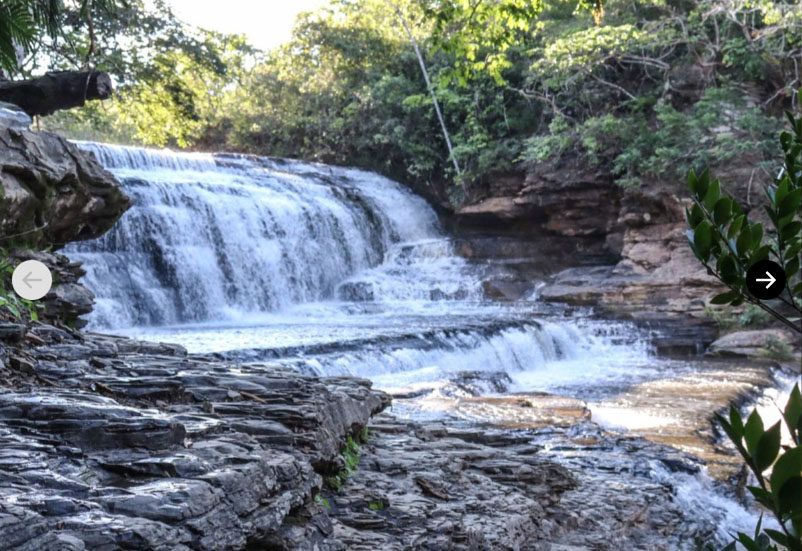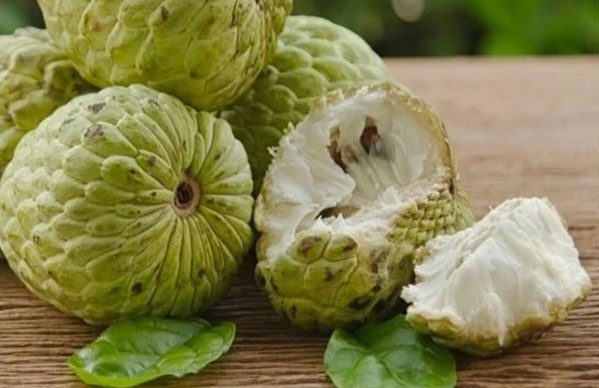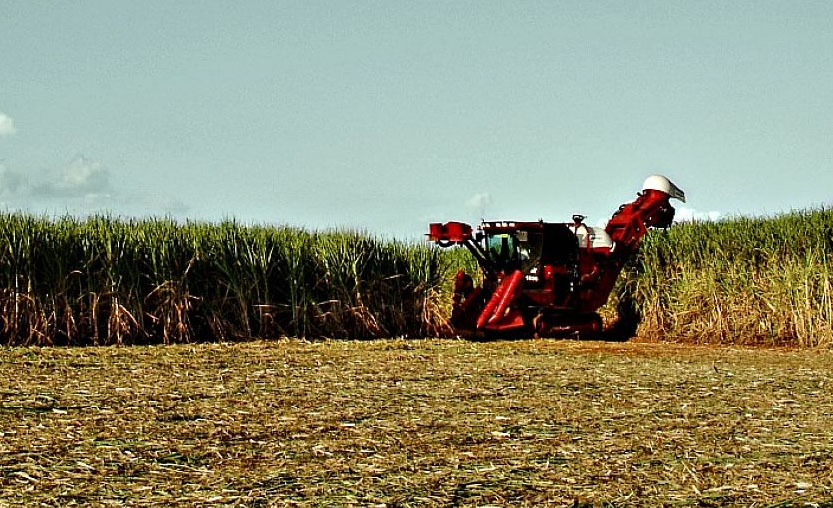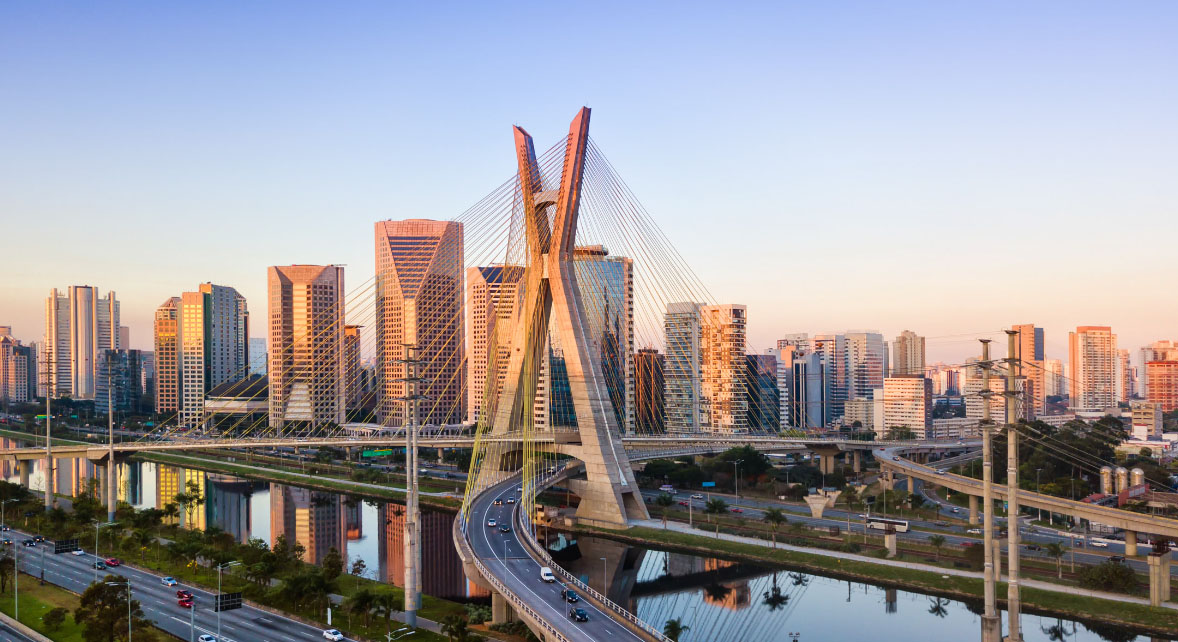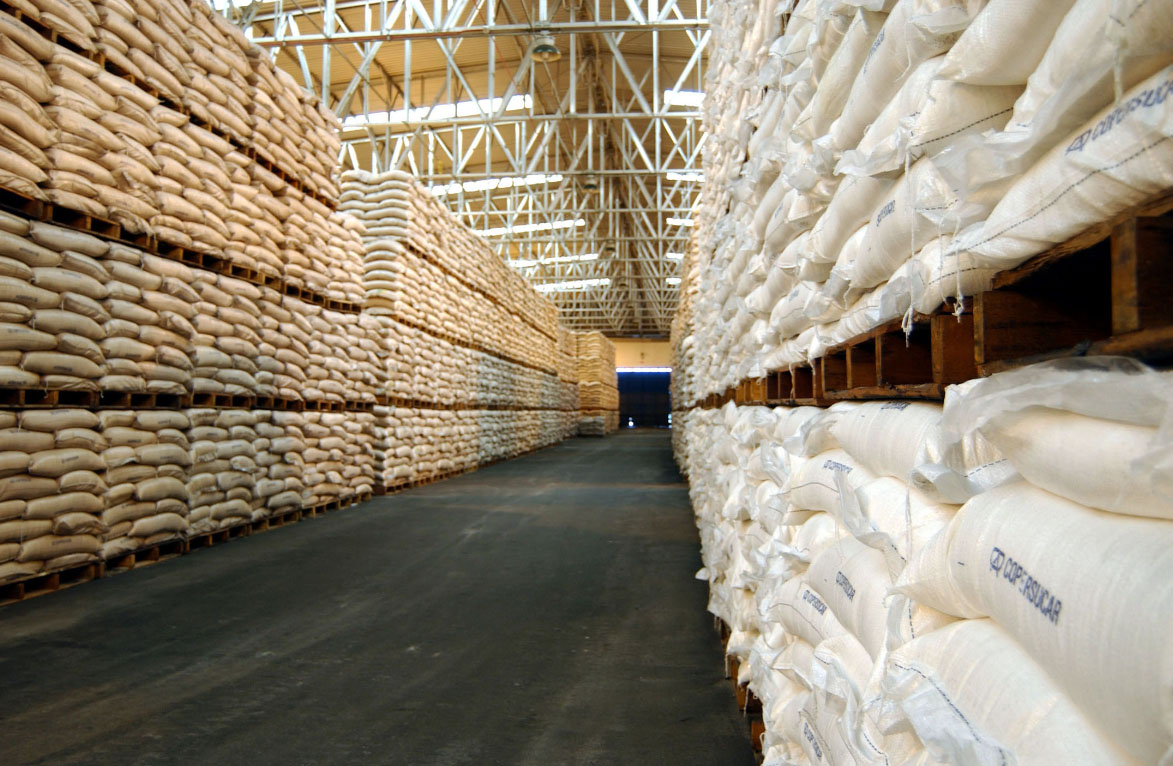In the
heart of Brazil, nestled in the region of João Pinheiro, a sweet legacy has
taken root and thrived for generations – the cultivation of sugarcane. This
area is known for its rich history in sugar production, a tradition that has
contributed to the nation’s status as a global leader in the sugar industry. In
this blog post, we will delve into the world of sugar production in João
Pinheiro, exploring its historical roots, agricultural practices, and the sweet
influence of sugarcane in this region.
A
Historical Sweet Legacy
Colonial
Beginnings: The cultivation of sugarcane in Brazil dates back to the colonial
period when Portuguese settlers introduced this cash crop. João Pinheiro’s
fertile soil and favorable climate made it an ideal location for sugarcane
farming.
Economic
Significance: During the colonial era, sugar production was a cornerstone of
Brazil’s economy. It led to the establishment of sugar plantations and mills in
the region.
Agricultural
Practices
Sugarcane
Cultivation: The sugarcane fields of João Pinheiro stretch far and wide,
reflecting the dedication and expertise of local farmers in cultivating this
vital crop.
Modern
Farming Techniques: João Pinheiro has embraced modern farming techniques, from
mechanized harvesting to eco-friendly practices that promote sustainability.
The Sweet
Yield
Sugar
Products: The sugarcane from João Pinheiro is transformed into various sugar
products, including white sugar, brown sugar, and molasses, each with its
distinct flavor and applications.
Biofuels:
Sugarcane is not just a source of sugar; it’s also used in the production of
biofuels, further highlighting the versatility of this crop.
Local
Economy
Employment
Opportunities: Sugar production in João Pinheiro supports numerous livelihoods,
providing jobs and economic stability to the local community.
Market
Reach: The sugar produced in this region reaches not only domestic markets but
also international destinations, contributing to Brazil’s status as a major
sugar exporter.
Sweet
Festivities
Sugar
Harvest Celebrations: João Pinheiro often holds festive celebrations to mark
the beginning of the sugar harvest. These events feature traditional music,
dance, and colorful parades.
Cultural
Significance: Sugar production is deeply intertwined with the cultural heritage
of João Pinheiro, and the celebrations reflect the pride and identity of the
local population.
Sustainability
Initiatives
Environmental
Responsibility: João Pinheiro is increasingly focused on sustainable sugarcane
farming, incorporating eco-friendly practices to minimize the environmental
impact.
Renewable
Energy: Sugarcane waste, known as bagasse, is used to generate renewable
energy, supporting Brazil’s clean energy sector.
Conclusion
The legacy
of sugar production in João Pinheiro, Brazil, is a testament to the region’s
historical roots, agricultural expertise, and cultural significance. As
sugarcane fields sway in the breeze and modern farming techniques intertwine
with time-honored traditions, João Pinheiro continues to be a vital part of
Brazil’s identity as a global leader in sugar production. The sweet influence
of sugarcane in this region not only shapes its economy but also adds a touch
of cultural richness to the tapestry of Brazil’s heritage.

